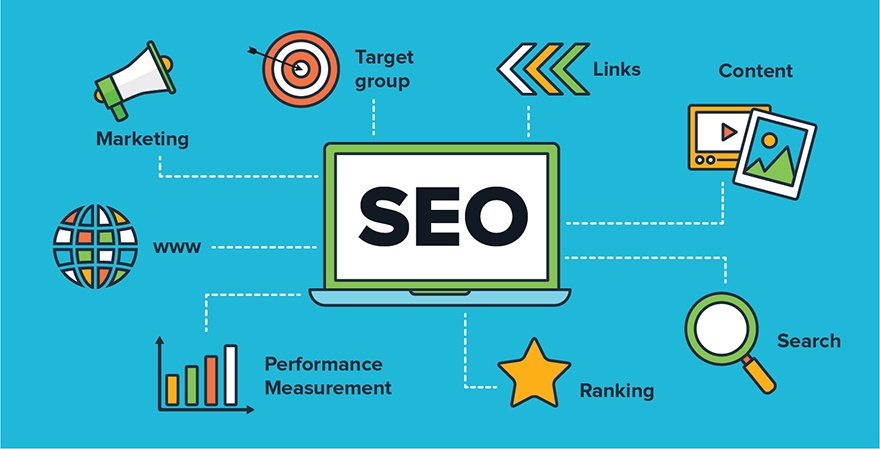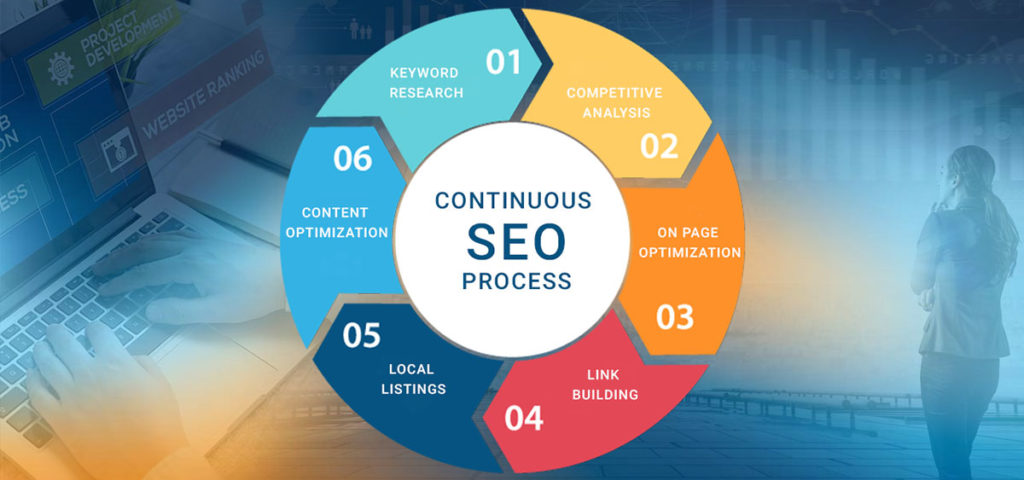
What is SEO?
SEO stands for Search Engine Optimization, which is the practice of increasing the quantityand qualityof traffic to your website through organic search engine results.
All major search engines such as Google, Bing and Yahoo have primary search results, where web pages and other content such as videos or local listings are shown and ranked based on what the search engine considers most relevant to users. Payment isn’t involved, as it is with paid search ads.
It is a set of rules for optimizing your website so that it can achieve higher rankings in search engines’ organic results.
It is a great way to increase the quality of a web site by making it user-friendly, faster and easier to navigate.
SEO can be considered as a complete framework since the whole process has a number of rules (or guidelines), a number of stages and a set of controls.
Why is SEO important?
If you have a web site, blog or online store, SEO can help you get targeted free traffic from search engines.
Search engine optimization is important because:
- The majority of search engine users (more than 65% – see graph below) are more likely to click on one of the top 5 suggestions in the search engine results pages (SERPS). To take advantage of this and gain visitors to your web site or customers to your online store, your website needs to appear in one of the top positions.
- SEO is not only about search engines but good SEO practices improve the user experience and usability of a web site.
- Users trust search engines and having a presence in the top positions for the keywords the user is searching, increases the web site’s trust.
- SEO is good for the social promotion of your web site. People who find your web site by searching Google or Yahoo are more likely to promote it on Facebook, Twitter, or other social media channels.
- SEO is important for the smooth running of a big web site. Web sites with more than one author can benefit from SEO in a direct and indirect way. Their direct benefit is an increase in search engine traffic and their indirect benefit is having a common framework (checklists) to use before publishing content on the site.
- SEO can put you ahead of the competition. If two web sites are selling the same thing, the search engine optimized website is more likely to have more customers and make more sales.
SEO Process

How does SEO work?
When a user searches for a term on a search engine like Google, the results that he or she is presented with is series of websites that are related to the query and websites that have a solid domain authority (in other than the described stated) .
For example when you search for ‘chocolate cake ideas’, the top results are the ones that are the best SEO practices in Google eyes.
This is mainly because the search engines use advanced crawlers that gather the information on every website, gathering every bit of content it can find on the Internet. That creates an index for every website that is compared to the algorithm that Google has built for the Best SEO practice
To understand the true meaning of SEO, let’s break that definition down and look at the parts:
- Quality of traffic. You can attract all the visitors in the world, but if they’re coming to your site because Google tells them you’re a resource for Apple computers when really you’re a farmer selling apples, that is not quality traffic. Instead you want to attract visitors who are genuinely interested in products that you offer.
- Quantity of traffic. Once you have the right people clicking through from those search engine results pages (SERPs), more traffic is better.
- Organic results. Ads make up a significant portion of many SERPs. Organic traffic is any traffic that you don’t have to pay for.
Everything is possible through SEO if done in a right way; you can get great traffic, conversions, and sales on your website. Enjoy the benefits of SEO!





0 Comments